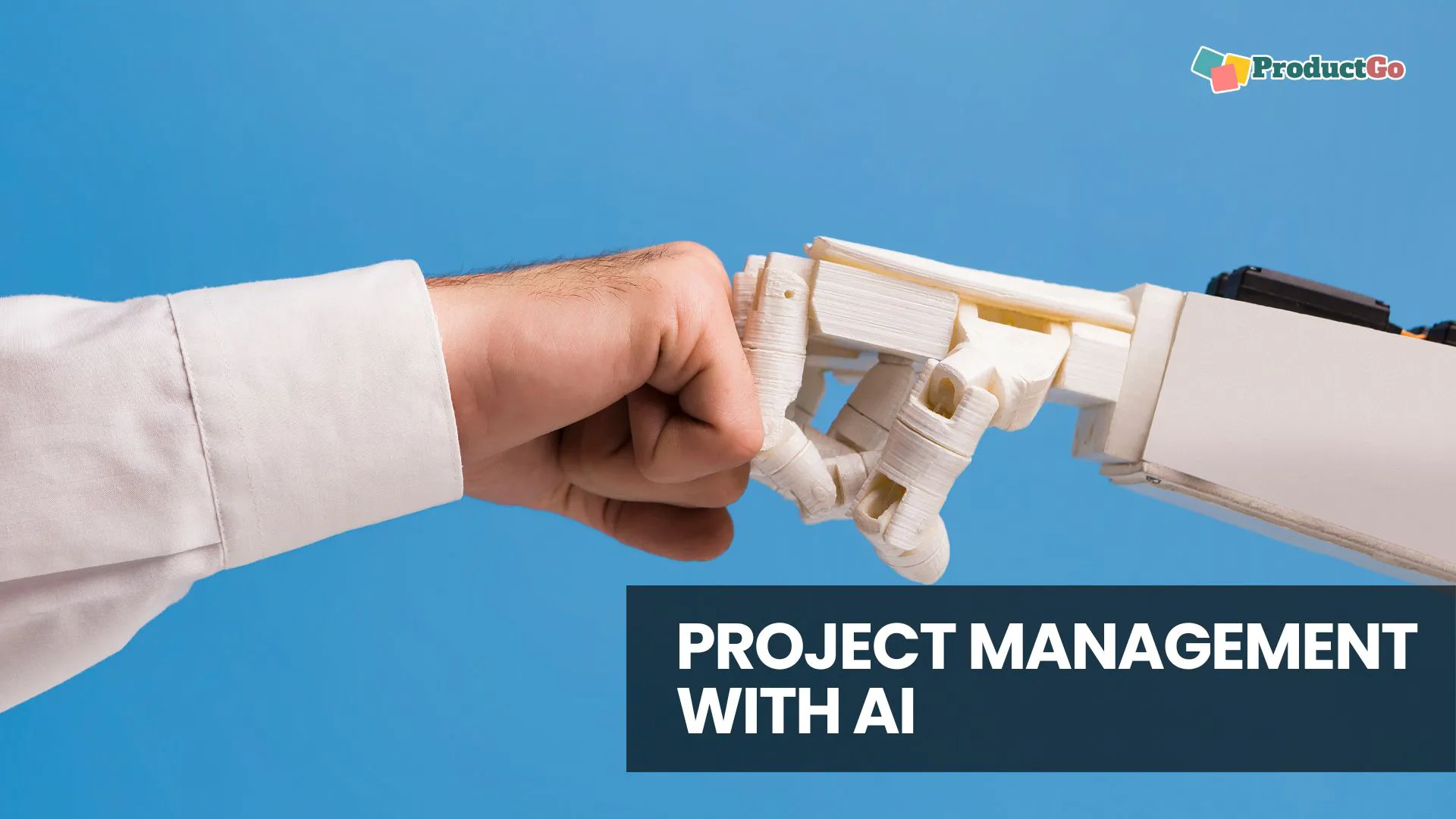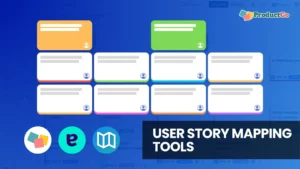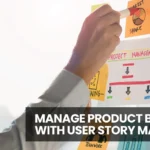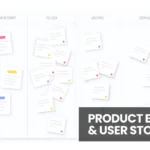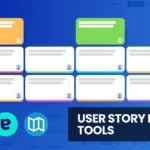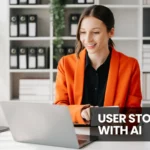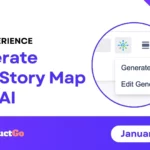Artificial Intelligence (AI) is emerging as a disruptive force in project management, with the ability to redefine conventional methods and unleash new possibilities. As project managers navigate challenges in resource allocation, timeline management, and risk assessment, AI integration offers previously unattainable solutions.
This exploration delves into the fusion of project management and AI, analyzing its current status, fundamental principles, practical applications, and promising future.
Table of Contents
The Current State of Project Management
Project management is at the heart of bringing projects to fruition, involving a variety of approaches, skills, and technologies geared at meeting project objectives. Even with the field’s progress, project managers continue to encounter obstacles that could compromise the success of their work.

Traditional techniques such as Agile, Waterfall, and Scrum provide frameworks for project execution, with each tailored to specific project needs and objectives. Yet, project management has its trials. Allocating resources efficiently, managing time to avoid delays, and accurately assessing risks remain significant challenges. These issues often result in resource bottlenecks, timeline overruns, and unmitigated risks, highlighting a gap in the capabilities of traditional management approaches.
Technology has long played a supportive role in project management. Before the advent of AI, software tools facilitated scheduling, communication, and documentation. While these tools streamlined some processes, they lacked the advanced predictive analytics and automation capabilities AI brings to the table. As a result, project management has been ripe for the transformative potential of AI, promising to address longstanding challenges with innovative solutions.
→ Related content: Level Up Jira Project Management with Tools
Fundamentals of AI in Project Management
Integrating AI into project management marks a significant evolution, moving beyond the capabilities of traditional software solutions. AI brings a set of technologies that can analyze data, learn from it, and make decisions or predictions, enhancing project outcomes in ways previously unattainable.
Types of AI Technologies Relevant to Project Management:
- Machine Learning (ML): An AI subset that enables systems to learn from data patterns and make decisions with minimal human intervention. In project management, ML can forecast project timelines, allocate resources more efficiently, and predict potential risks.
- Natural Language Processing (NLP): This technology helps computers understand, interpret, and manipulate human language. NLP can streamline team communication, automate reporting, and provide insights from project documentation.
- Predictive Analytics: Utilizes data, statistical algorithms, and ML techniques to identify the likelihood of future outcomes. It’s used in project management for risk assessment, budget forecasting, and ensuring projects stay on track.
Impact of AI on Project Management
AI is already making a significant impact on project work. According to a report by the Harvard Business Review, only 35% of projects today are completed successfully. This low success rate is attributed to the immature technologies available for project management.
However, this is changing rapidly. Researchers, startups, and innovative organizations are beginning to apply AI, machine learning, and other advanced technologies to project management. By 2030, the field is expected to undergo major shifts.
A study published in the Journal of Business Research found that using AI in project management can reduce project duration by up to 30%. Furthermore, a Deloitte report suggests that using AI in project management can lead to an average cost savings of 20%.
Moreover, the PMI Annual Global Survey on Project Management in 2023 revealed that 21% of respondents are already using AI often or always in the management of projects. Additionally, 82% of senior leaders believe AI will have at least some impact on how projects are run at their organization over the next five years.
These statistics demonstrate the growing influence of AI in project management and its potential to revolutionize the field in the coming years.
Applications of AI in Project Management
AI technology is transforming project management by improving efficiency, accuracy, and decision-making across various aspects of project work. Here’s a concise overview of its key applications:
Planning and Scheduling
AI leverages predictive analytics to create more accurate and realistic project timelines. By analyzing historical data, AI can forecast project duration, identify potential bottlenecks, and suggest optimal resource allocation. This helps in developing schedules that are both efficient and achievable, reducing the risk of delays.
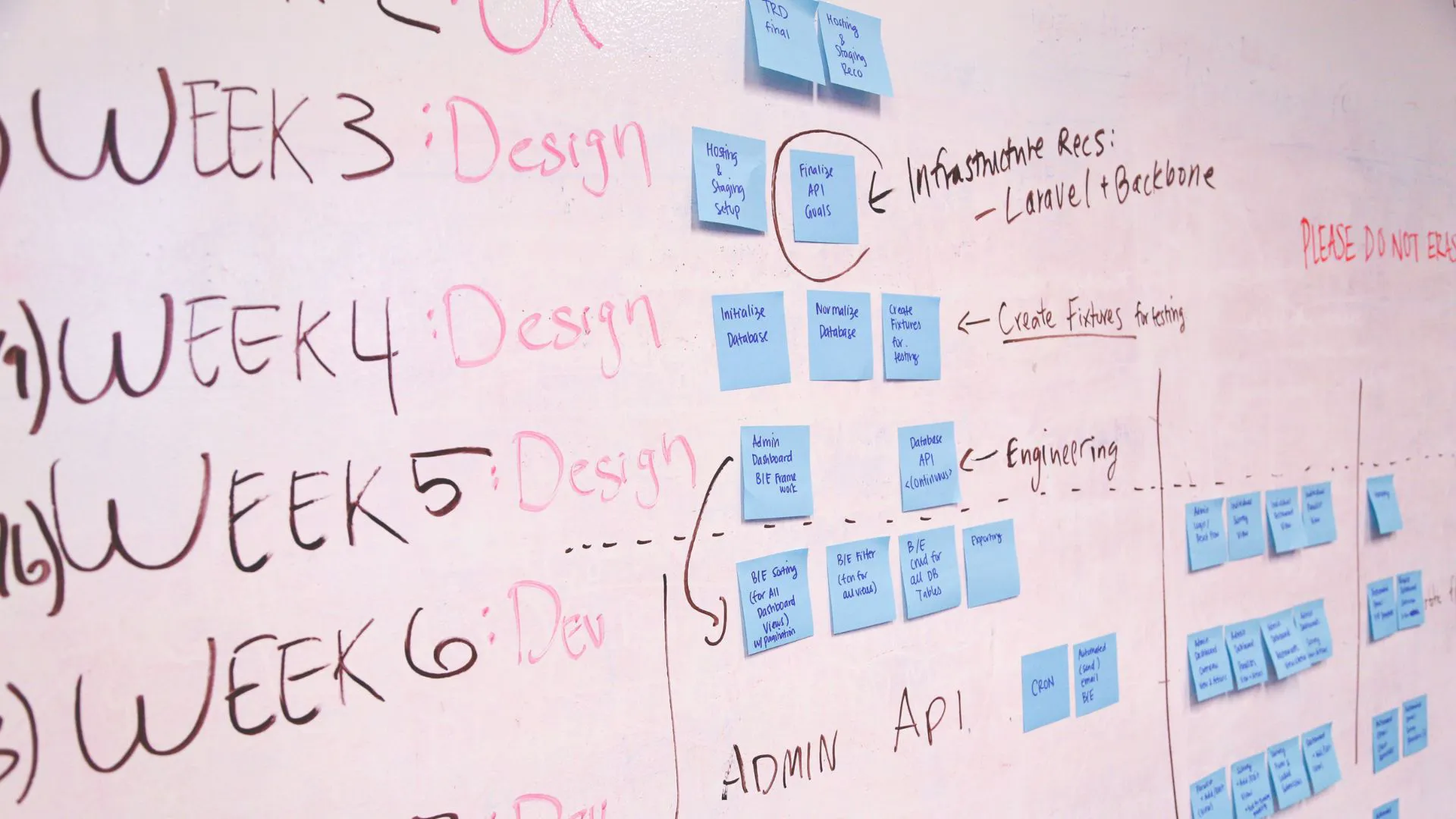
Risk Management
Through machine learning algorithms, AI systems can predict potential risks by analyzing project data and external factors. This proactive approach allows for the identification and mitigation of risks before they impact the project, enhancing the likelihood of success.
Communication and Collaboration
AI-powered chatbots and virtual assistants can facilitate smoother communication within teams, providing timely updates and reminders. Natural language processing (NLP) enables these tools to understand and generate human-like responses, making interaction more intuitive.

Quality Control
Machine learning models can analyze project deliverables against predefined quality metrics, identifying deviations or potential issues early in the process. This ensures that the final outputs meet the required standards and expectations.
By automating routine tasks and providing deep insights, AI enables project managers to focus on strategic decisions and ensures projects are completed on time, within budget, and to the desired quality standards.
→ Related content: How AI Empowers Product Owners: Enhancing Decision-Making and User Experience
Challenges and Considerations
While AI offers transformative potential for project management, integrating it into existing systems and processes comes with its own set of challenges and ethical considerations.
Ethical Considerations
The use of AI raises important ethical questions, particularly around data privacy, bias in decision-making, and job displacement. Ensuring AI systems are transparent, equitable, and respectful of privacy is crucial. Organizations must address these concerns head-on, implementing guidelines that govern AI’s ethical use.

Human Oversight
AI tools are designed to augment human capabilities, not replace them. The importance of human judgment and expertise cannot be overstated, especially in complex, high-stakes project decisions. Ensuring a balanced partnership between AI and human project managers is key to leveraging AI’s strengths while mitigating risks associated with over-reliance on technology.
Technical Challenges
Integrating AI into existing project management frameworks requires significant technical expertise. Challenges include data quality and availability, system compatibility, and the need for ongoing training and support. Overcoming these obstacles requires a well-thought-out strategy that includes investing in infrastructure and upskilling team members.
Cost
The initial investment in AI technology can be substantial, covering not just the software itself but also training, support, and potential infrastructure upgrades. Organizations must weigh these costs against the expected benefits and return on investment.
The Future of Project Management with AI
The future of project management is poised for significant transformation as AI technologies continue to evolve and integrate into various aspects of project execution and oversight. This evolution promises to enhance current practices and redefine what is possible in project management.

- Emerging Trends: AI is expected to become more pervasive, with advanced analytics, machine learning, and natural language processing becoming standard tools for project managers. These technologies will provide deeper insights, predict project outcomes with greater accuracy, and automate more complex tasks, from scheduling to risk management.
- Enhanced Collaboration: AI will further break down communication barriers within project teams and between stakeholders. Virtual assistants and AI-driven communication tools will facilitate real-time updates, feedback loops, and collaborative decision-making, regardless of geographic location.
- Predictive Project Analytics: The ability of AI to predict project outcomes will become more sophisticated, allowing project managers to anticipate issues, adapt strategies, and optimize resources proactively. This predictive power will significantly reduce risks and improve project success rates.
- Ethical AI Use: As AI becomes more integral to project management, ethical considerations around its use will be addressed more systematically. Standards and guidelines for responsible AI use will be developed, focusing on fairness, transparency, and accountability.
3 AI-Powered Tools to Help Project Management Work
Project management is a complex and challenging task that requires a lot of planning, coordination, communication, and problem-solving. Fortunately, some AI-powered tools can help project managers work more efficiently and effectively.
1. ProductGo: Generate User Story Map with AI.
ProductGo is a tool that helps product teams build and launch products faster and smarter. One of its features is the ability to generate user story maps with AI. User story maps are a visual way of organizing and prioritizing user needs and features. They help product teams understand the user journey, identify gaps, and align on the product vision.
ProductGo’s AI can analyze the product requirements, user feedback, and market trends, and automatically generate a user story map that shows the main goals, activities, tasks, and features of the product. This saves time and effort for product managers and helps them deliver products that meet user expectations.
→ Try out Agile User Story Map, Portfolio Roadmaps & Persona for Jira
2. Forecast: Manage projects with AI.
Forecast is a project management tool that uses AI to help project managers plan, execute, and monitor projects. Forecast’s AI can estimate the time, cost, and resources needed for each project, assign tasks to the best-suited team members, track progress and performance, and alert project managers of any risks or issues.
Forecast also integrates with other tools like Slack, GitHub, Google Calendar, and more, to provide a seamless workflow and collaboration. Forecast helps project managers deliver projects on time, on budget, and scope.
3. Loom: Communicate with AI.
Loom is a video messaging tool that uses AI to help project managers communicate better with their teams and stakeholders. Loom’s AI can transcribe video messages, generate captions and summaries, translate languages, and provide insights and feedback.
Loom also allows users to edit, share, and organize their videos in a cloud-based library. Loom helps project managers communicate more clearly, effectively, and engagingly.
Conclusion
The convergence of Artificial Intelligence and project management signifies a paradigm shift, elevating the efficiency, accuracy, and collaboration within project teams. While embracing AI-driven solutions presents opportunities for enhanced decision-making and performance, it also requires careful consideration of ethical, technical, and financial implications.
As organizations embrace this evolution, the future of project management is poised for unprecedented advancements, marked by predictive analytics, improved collaboration tools, and a steadfast commitment to ethical AI use. By navigating these complexities with diligence and innovation, organizations can chart a course toward project management excellence in the era of AI.

